Lil’ Gator Game is about the power of childhood imagination, and the fight we must put in to be able to cling to it as we enter adulthood. It’s also a game about running around an adorable island, whacking cardboard monsters with sticks and lightsabers, and seeing how many friends you can make as you explore. Oh, and it openly states at the start that its characters are playing this imagined open-world RPG because they can’t wait for the next Zelda game to come out. No matter how you approach it, it’s properly lovely.
Things begin 100 million years in the past (according to Lil’ Gator, at least) when he and his big sister (known in the game as Big Sis) are on a small island, playing a game together. The game consists of Big Sis creating quests for her little bro, covering the area in cardboard monsters to thwack, and the two have a fantastic time. Think of this as your tutorial. We then jump to 100 million years later, when Lil’ Gator (whom you can name, and naturally I chose “Link”, but we’ll call him Lil for the sake of this article) is a bit older, but Big Sis has now gone to college. She’s home for fall break, they’re back on the island, and Lil is assuming everything will be just how it always was.
How Lil’ Gator Game brings childhood fantasy to life
It’s not. Sis has to get a group assignment finished, and her remote college group aren’t pulling their weight. She’s with Lil, but she’s on her laptop, and he can’t convince her to play. So along with three friends, the little alligator hatches a plan: if he and his chums can create a vivid and amazing enough rendition of their old game together, Sis will surely be incapable of holding herself back! So they set to work convincing dozens of children to get involved, painting cardboard to look like monsters, and renovating the island’s expansive playground area to become elaborate castles, cafes and cathedrals.
Your role within all this is to both smash every bit of cardboard on the island, and to recruit as many new friends as you can by completing “quests” for them. These quests are often quite coerced from confused kids, or just entirely imagined in Lil’s mind, but generally involve helping folks out in some way, such that they’ll want to come join the rest at the playground. It might be finding a lost item, or winning a race, or rescuing them from cardboard foes.
All the cardboard you destroy becomes torn-up paper in your collection, and acts as a bonkers form of currency amongst the children. (On the odd occasions you encounter an adult, this leads to bemusing exchanges as this economy breaks down.) You can also recycle it into all manner of hats, weapons, shields/sleds, and even ranged weapons (origami throwing stars!). The game also involves a lot of climbing, and this requires Breath of the Wild-style stamina, which is increased through the purchasing of “magical” bracelets. The more you wear, the higher you can climb. And once you’ve got an oversized t-shirt in your collection, you can also parachute, Zelda-like, down from any height.
The game simply comes down to exploring, attacking entirely defenseless cardboard, and befriending the animal kids across the large island space. But in doing these things, it captures the essence of a Zelda game, as if reenacted by kids in the playground. While the game exaggerates what children are really capable of, with in-jokes about the lack of fall damage and so on (but then these are talking gators, sharks, bears, and dogs, so, you know), it’s grounded by our viewing reality throughout. The cardboard slimes and ghouls don’t come to life and put up a fight—they’re just propped up and fall to bits when you hit them with a plastic pink wand. They’re playing, and we’re seeing them play.
Why Lil’ Gator Game fights for your imagination
If I could pass on one message in my lifetime, it’d be: Cling on to your childhood imagination with both hands. I am so delighted that this game exists to desperately appeal for the same. Being an adult has its advantages, but being a “grownup” seems like a terrible idea to me. “Grownup” implies some notion of having finished, having completed the task of no longer being who you once were, which strikes me as idiotic. Our childhood imaginations are something utterly magical, beyond the confines of the physics we eventually teach ourselves. As children, we can simultaneously know that a teddy bear is both an inanimate stuffed toy and believe it’s a living, moving creature with its own life essence. It’s an ability we so often dismiss as delusional, rather than something we should covet: to both know harsh truth, and yet still imbue the world with magic.
Lil’ Gator Game is set in this dichotomy, and explores it from multiple angles. The main group of Lil’s friends are all at various stages of shedding the fantastical, the eldest making a performative attempt to be “grownup” in his responses to the imaginary, while Lil is still so completely embedded within it. He’s being left behind, the last to mature, and I’d venture, with a firm ADHD diagnosis awaiting him. Meanwhile, his big sister is on the other side of that change, an older teen, at college, and being bombarded with real-world, real life responsibilities. She’s both frustrated by and enamored with them, the tantalizing prospect of being an adult, confronted by the joyful tug of being a child.
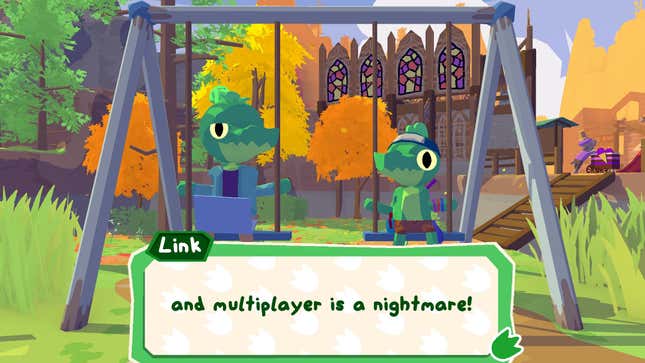
Let’s be clear—you don’t need to think about any of this while you’re playing. But amongst the gorgeously cute writing, it’s all there, and it’s explored in such a beautiful way. I’m offering no spoilers at all, so can’t say how or why, but I was really moved by moments near the end I wasn’t expecting. Not since The Longest Journey has a game spoken so passionately about the importance of imagination.
Entirely separately, I want to celebrate that Lil’ Gator Game is one of vanishingly few examples of a game in which an older sibling is portrayed kindly and behaves kindly. I’m struggling to think of another instance beyond Brothers: A Tale of Two Sons in which the older sibling role isn’t by default a bully, or an uninterested and detached figure who needs to be taught a valuable lesson. It’s such a joy that Big Sis is always kind to Lil throughout the game, never cruel, and not even dismissive.
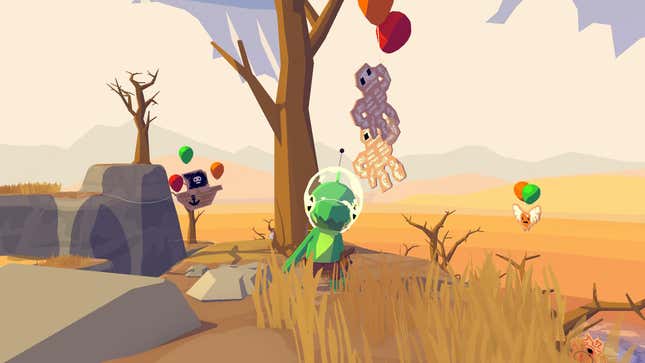
This is a tremendously lovely game, albeit a simple one. The huge island is lovingly crafted, and there are dozens of characters to chat with, huge numbers of short quests and tasks, and rewards for exploring its farthest reaches. Also, when you’ve rolled credits, it then lets you keep playing to 100% the game, with its own adorable ending to accompany that too. I’d say there’s safely six hours here, unless you were so foolish as to rush through it at its most elementary level.
More than that, though, it possesses a warmth that makes it a pleasure to spend time with. Its ending is far smarter than I was expecting (and I was expecting good things!), and it just feels good and safe and comforting to play. I imagine that those slightly less possessed by ADHD than I might find Lil perhaps a little emotionally exhausting, but for me, he’s my daemon. An alligator—who knew?

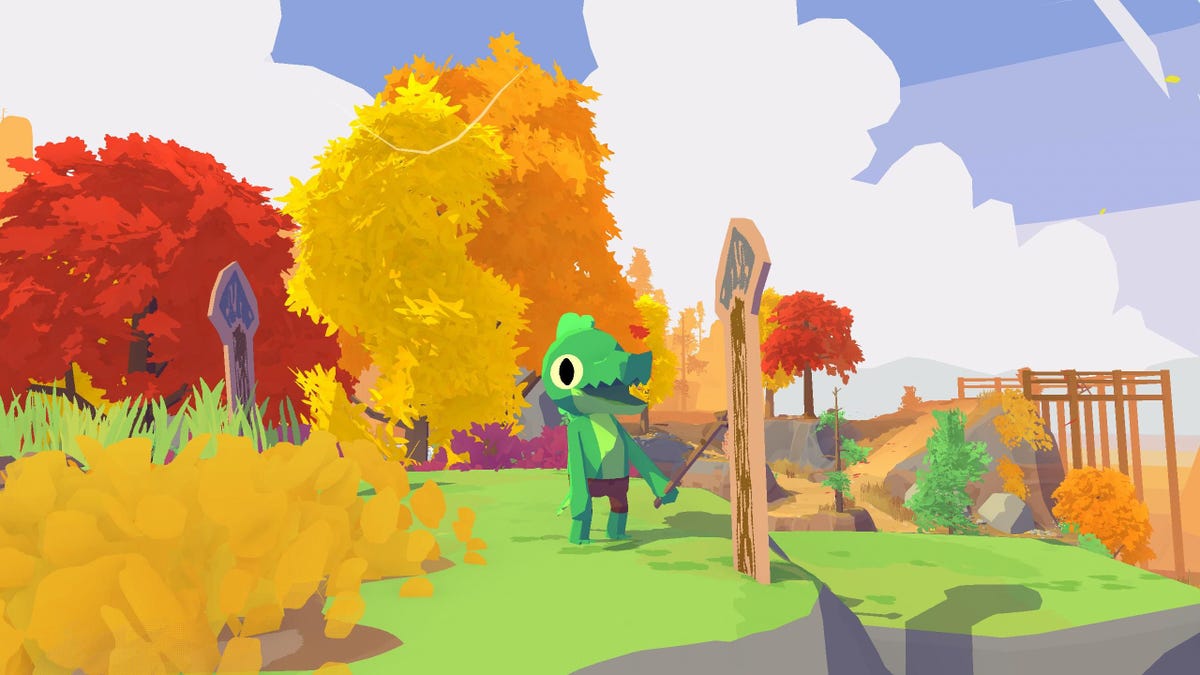
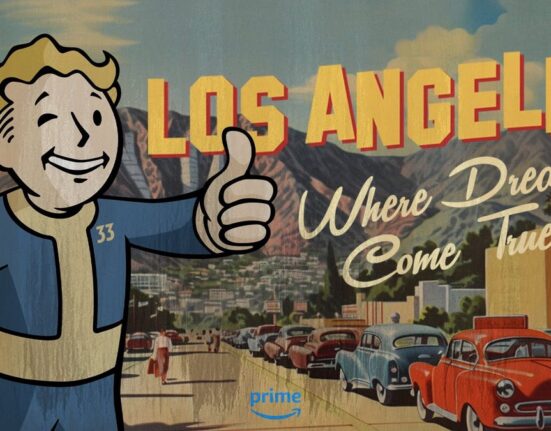

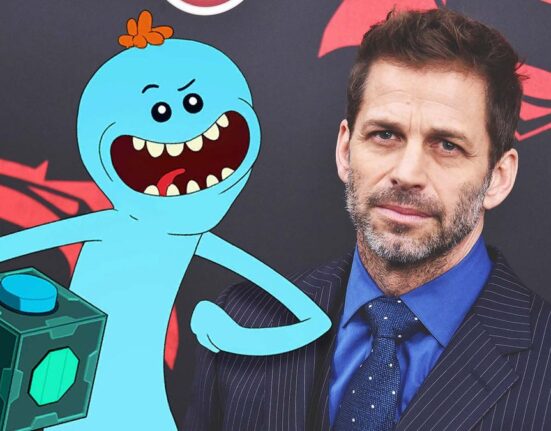
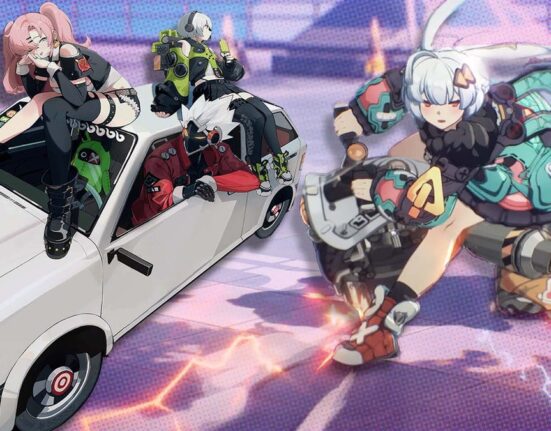
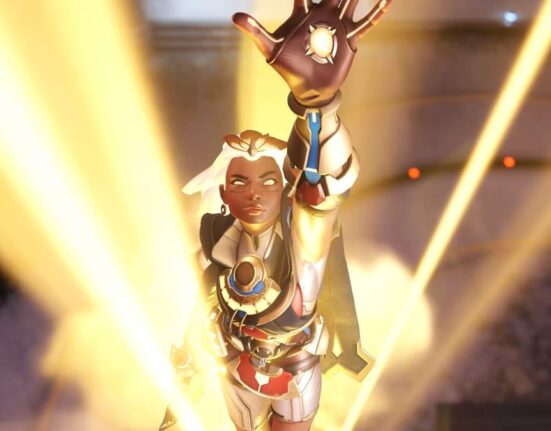
Leave feedback about this